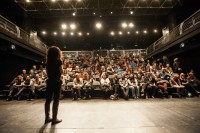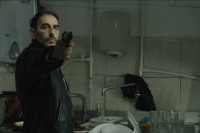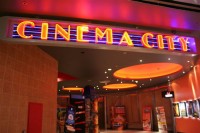East Doc Platform, scheduled for 3 - 9 March 2014 in Prague, is accepting applications for industry passes through 15 February.
Party and Events Alert: All parties require an invitation from the organizers
Friday 14 February
(March, 3 – 9, 2014, Prague – Cervantes Institute, Komedie Theatre)
There are just a few weeks left until the beginning of the third edition of the largest documentary industry event of its kind in Central and Eastern Europe - East Doc Platform.
Organised by Institute of Documentary Film
In cooperation with One World International Human Rights Documentary Film Festival
Party and Events Alert: All parties require an invitation from the organizers
Thursday 13 February
Party and Events Alert: All parties require an invitation from the organizers
Wednesday 12 February
Cypriot born director Yannis Economides’s Greek/German/Cyprus coproduction To Mikro Psari screens in the main competition at the 64th Berlinale.
Tuesday 11 February
Party and Events Alert: All parties require an invitation from the organizers
Cinema City, the leading exhibitor in Central Europe, has signed a lease agreement for a nine-screen cinema in Lublin, Poland.
Party and Events Alert: All parties require an invitation from the organizers
Monday 10 February






















